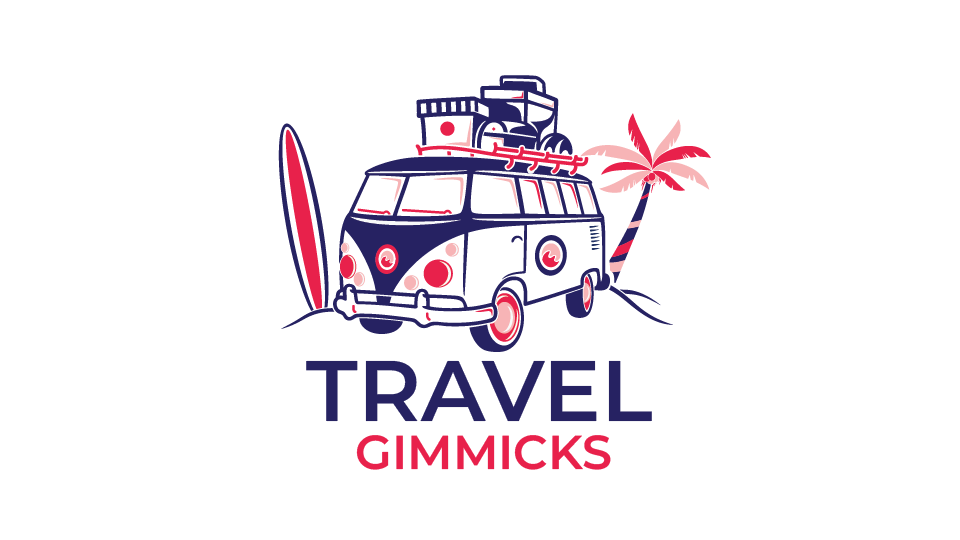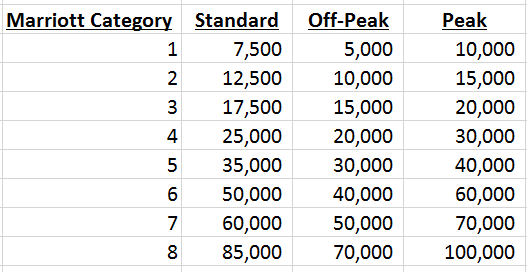Marriott Bonvoy made a pilot program that allowed hotel bookings to be done through the Marriott app without paying any fees. This was an attempt at staying competitive with other travel brands such as Expedia and Priceline, but ultimately failed because of four major things:
The “Marriott vs Hilton loyalty program” is a topic that has been around for a while. Marriott Bonvoy’s 4 major things wrong are as follows: 1) No free breakfast, 2) No free wifi, 3) No complimentary internet access, and 4) No complimentary parking. Read more in detail here: marriott vs hilton loyalty program.
On paper, the Marriott Bonvoy program is head and shoulders above the Hilton Honors and IHG Rewards programs. Those other two don’t even guarantee late check-out, much alone suite upgrades when a normal suite is available.
Bonvoy, on the other hand, fails to deliver on its claims in reality. Marriott has gone from a chain that makes few promises but always keeps them, to one that makes many promises but never keeps them. Although I feel the Bonvoy program is superior than Hilton Honors or IHG Rewards, I believe it disappoints consumers much more often due to the expectations gap it generates.
It’s Like An Abbott and Costello Show When It Comes To Customer Service
Contact Marriott customer care instead of initiating a Twitter thread with a query like “Wrong responses only please!” If a hotel doesn’t follow program guidelines for elite status members, they’ll come up with an excuse rather of supporting the member, and in the process, they’ll give out erroneous information (like that Marriott upgrades do not include suites).
Even if the answers you obtain are nonsensical or nonsense, there is no one to escalate to if you receive incorrect information.
Even though it’s a function of the program, I’ve lately been advised it’s difficult to give points to another user. I’ve asked for missing folios that hotels have failed to supply despite repeated requests, and the most they can do is ask the hotel to provide it (folios don’t always appear correctly on their website). So, in order to report missing points from a stay, I must first acquire a bill from the hotel to send to Marriott, which should be a simple process behind the scenes.
The procedure of gifting an award stay is maybe the most aggravating. The Marriott website does not allow you to reserve an award for someone else. I used to design an award and then ask the Twitter crew to change the name of the visitor. This is no longer feasible, and Marriott now mandates that donated rewards be issued with the right guest name. Who’s going to go first?
You must dial the number and play agent roulette. My wife and I just booked an award reservation over the phone. The agent double-checked everything to make sure it was done properly. Still, I was skeptical of her work, so I phoned the hotel immediately, who informed me that the reservation was made in my name alone, with no mention of my wife. What’s going on in the second?
When I asked Marriott for assistance, I was informed there was nothing they could do and that I should call and make a new reservation since bookings cannot be modified after they have been made. I’m not sure who’s on third.
I dealt with the hotel immediately to ensure that my wife could check in with our daughter. Do anything you want with me, but don’t cause my wife and daughter any stress by checking into a hotel after a long day of travel. It’s third base!
The Award Pricing Is Irrational
The implementation of peak and off peak pricing at each category level was the single largest devaluation of Marriott points. Peak is meant to charge hotels high-season prices during… high-season, when the program pays the hotel extra since it’s full. However, prices fluctuate often, and Marriott charges peak rates for properties that are plainly going to be vacant.
Peak season pricing is when the program charges extra points because they anticipate a hotel to be fully booked and they will have to pay a higher rate to the hotel. Marriott, on the other hand, seems to utilize it to charge members extra points just because they can.
Indeed, in October, they launched a campaign dubbed Week of Wonders, in which you could get nearly half of Marriott hotels for off-peak pricing if you visited within the next several weeks. Wonders never fail to amaze!
With the introduction of a new higher redemption tier and the enforcement of peak price levels at each category, the program moved from being very valued at launch to being much less desirable. They’ve established a new highest category 8 price tier since the commencement of the Bonvoy program, which marked the incorporation of Starwood with Marriott. When combined with peak pricing, the most costly points hotels increased their nightly rates from 60,000 to 100,000 points. They’ve also continued to push hotels up the tier ladder.
Oh, and they even depreciated points during the epidemic, when virtually all hotels were supposed to be downgraded but weren’t.
And they’ve recently revealed the actual “hold my beer”: beginning in March, reward charts will be phased out altogether, meaning there will be no genuine guarantees about how much a room redemption will cost.
Customers want more from you, yet you provide less.
Marriott selected some of the greatest Starwood Preferred Guest elite amenities and applied them at higher stay levels than the Starwood program required. After an overnight journey to Europe or a late-night arrival in India, for example, “24-hour check-in” is a huge plus. After 75 nights in a year, Starwood elites were entitled to this. It now takes 100 Marriott nights and $20,000 in spending ($14,000 this year just).
Starwood’s Ambassador program was what truly set them apart. While individual Ambassadors varied in quality, having one who could assure connected rooms, give presents, or arrange suites made a significant difference in the best clients’ experience. That, of course, necessitates a level of spending that many people cannot afford – For consumers staying in little towns in the heart of the nation or clients taking advantage of Marriott’s developing Asia footprint, 100 nights at an average cost of $200 per night isn’t feasible.
Nonetheless, Marriott judged that clients who stayed with them year after year but generated less than $20,000 in income were not valuable. However, they chose not to prioritize the business of individuals who spend $20,000 or more each year, so they eliminated the program that assigned particular Ambassadors to members and replaced it with a priority reservations team.
The ‘Ambassador staff’ is intended to reply to consumers at least in theory, but they don’t. One Ambassador member who has already spent $40,000 this year called me to complain about waiting several days for a basic response to a concern about reserving a $650 per night hotel.
To be fair, Marriott seems to recognize that the Ambassador program is a shambles.
Benefits Aren’t Delivered by Hotels
Despite Marriott’s assurances that premium breakfast perks will be restored, hotels have continued to disregard them, blaming the epidemic (and never having taken the benefit off its website). They set up their own standards on what constitutes a benefit when they do give breakfast.

I characterized comprehending the Marriott breakfast regulations as “like something out of a Fellini film” even before the outbreak.
The ability for 50+ night elites to confirm upgrades starting 5 days prior to check-in is supposed to be one of the best benefits of the program, but those upgrades rarely happen, whether due to inventory games played by hotels or capacity controls on premium rooms that Marriott allows properties to implement, or simply because there are too many upgrade requests at popular properties.
The rate of successful elite upgrades did not rise when hotels cleared out during the epidemic. And, despite the program’s claims, some hotels openly announce that they would not provide upgrades. Inconsistent program benefit implementation seems to be more prevalent than it is not.
Nonetheless, since the merger, legacy Marriott members have benefited.
The irony is that Marriott Rewards members now enjoy a better elite program than they had before the merger, with higher award prices and access to fancier properties. Higher criteria and less uniform execution have degraded elite privileges for Starwood members, although redemption costs for premium hotels aren’t always worse than they used to be.
Marriott Bonvoy is the only program that has the potential to be better than it is now. The program’s regulations guarantee advantages that are superior than those offered by major rivals. If you want superior perks, choose Hyatt, which has a smaller – but increasing — presence. Marriott must do the following:
- Improve the enforcement of advantages for its hotels.
- Treat members equitably when it comes to redemptions.
- Invest in the company’s most valuable customers.
- Better customer service over the phone and on Twitter, or at the very least, allow for escalation to an executive response team to correct front-line errors.
What aspects of Marriott Bonvoy do you consider to be the greatest and worst?
More From the Wing’s Perspective
The “marriott bonvoy login” is a travel website that offers hotel rooms for travelers. There are 4 major things wrong with the website, which includes using outdated technology, not having enough staff to handle customer service, and not being able to provide accurate information.
Related Tags
- marriott rewards
- marriott vs hilton 2021
- marriott points redemption chart
- hilton vs marriott quality
- marriott bonvoy customer service

